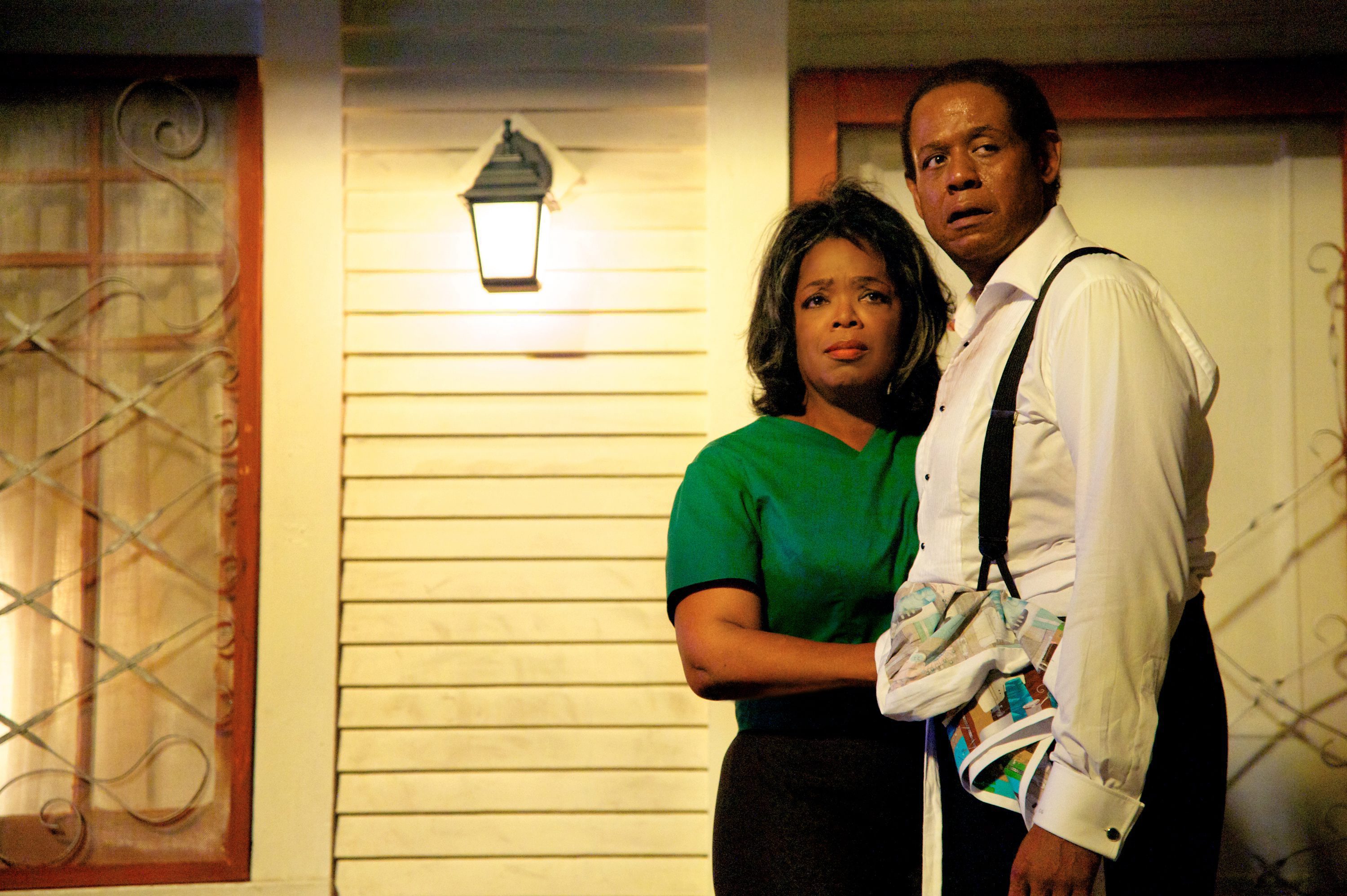‘The Butler’ is one of the most anticipated movies this year, with many hailing it as Oscar-worthy. It’s a story about race, identity and politics, one that the SOAS Spirit recommends.
By Jagoda Sekular, MA in International Law

Martin Luther King once said: “the ultimate measure of a man is not where he stands in moments of comfort and convenience, but where he stands at times of challenge and controversy.” Challenge and controversy are most certainly recurring themes during the 132 minutes of director Lee Daniels’ movie The Butler, inspired by a true story. The usually enigmatic Forest Whitaker takes on the role of Cecil Gaines. The character is loosely based on Eugene Allen, an African American who worked in the White House as a butler for 34 years. The fictional Cecil was raised on a cotton plantation and at a young age witnessed the violent murder of his father by the master. The movie follows his career as he becomes a butler in the White House as well as his family’s struggles during the black civil rights movement, fighting to assure equal rights from the 1950’s onwards.
The strongest scene in the film is arguably when Louis, Cecil’s eldest son, joins the Freedom Riders, riding a bus through segregated states in the deep South in an attempt at non-violent resistance against racist policies and legislation. The Riders are intercepted by members of the Ku Klux Klan who try to burn the bus and the civil rights activists inside it. The scene conveys terrifyingly well the blind hatred and xenophobic violence that dominated the nauseating mentality of the American South in the 60s. During his long tenure at the White House, Cecil consistently provides the ever-changing resident of the Oval Office with immaculate service. He prepares coffee for every president during his career, from Eisenhower to Reagan, and silently watches as decisions are made which directly impact his own rights. While Louis fights against intolerable oppression and racism, Cecil’s life revolves around making sure that every need of the people condoning these oppressions are met. Unsurprisingly, it is Martin Luther King, in a scene with Louis, who changes the way the viewer (and perhaps even Louis) views Cecil. According to King, a “subservient worker is subversive, without even knowing it, by demonstrating that the black man or woman can be diligent, trustworthy and professional, thus breaking down white America’s resistance to the notion of racial equality.”
The script is at its strongest when it narrates the relationship between Cecil and Louis. The movie also follows the relationship between different presidential administrations and the slow but sure dismantling of racist policies. Oprah Winfrey portrays Gloria Gaines, the often inebriated and somewhat estranged wife of Cecil, and Winfrey’s portrayal of a saddened mother and a bitter wife is surprisingly well acted. The cast itself is filled with phenomenal actors such as Vanessa Redgrave, Cuba Gooding Jr, John Cusack and Liv Schreiber. Newcomer Yaya Alafia plays Carol Hammie, Louis’ girlfriend, and reminds the viewer that the civil rights movement was fought by strong women as well strong men. Louis and Carol join the Black Panther Party but Louis finds himself walking away from Carol and the Panthers after realising that he would not be ready to take someone’s life if necessary.
The scene with Louis walking away is paramount as it forces the viewer to question how far will a human being be pushed and how much abuse would a human being be forced to take until he/she will strike back. It also conveys how incomprehensibly strong a person must be to walk away without ever striking back. Forest Whitaker delivers a powerful performance as Cecil even though the heart of the movie lies in the struggle for equal rights. It is in this struggle that the viewer finds the real message of the movie which resonates with King’s view in believing “that unarmed truth and unconditional love will have the final word.”
